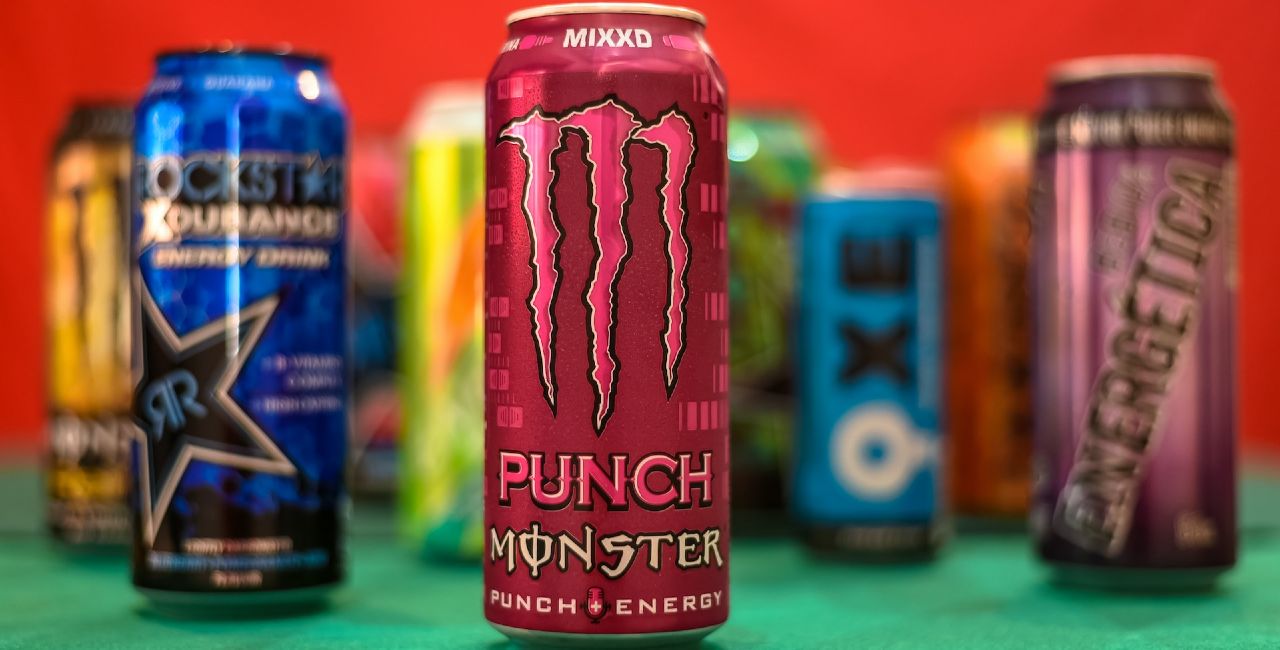Functional mushrooms have gained significant traction in the food and beverage industry as a key ingredient in next-generation products. Unlike psychedelic mushrooms, which contain psychoactive compounds such as psilocybin, functional mushrooms are not only legal everywhere but renowned for their potential health benefits.
A substantial body of research has established the many health properties of non-magical mushrooms. These benefits, linked to the bioactive compounds including beta-glucans, polysaccharides, and triterpenoids, have convinced consumers that products infused with mushrooms come packed with health advantages.
Clearly, functional mushrooms have taken the wellness market by storm. If your brand targets a health-conscious consumer, it’s time to take note of the business potential of fungi.
What Are Functional or Adaptogenic Mushrooms?
Functional mushrooms are a group of mushrooms known for their potential health benefits and therapeutic properties. These mushrooms have been used for centuries in traditional medicine practices such as Chinese medicine and Ayurveda for various health-promoting purposes.
Functional mushrooms, also known as medicinal mushrooms, contain bioactive compounds such as polysaccharides, beta-glucans, and triterpenoids that may provide benefits such as immune support, antioxidant effects, and anti-inflammatory properties. Some functional mushrooms are also considered adaptogens, which are natural substances that help the body adapt to stress and maintain balance.
Adaptogenic mushrooms are a subgroup of functional mushrooms specifically known for their potential stress-relieving properties. These mushrooms are believed to help the body cope with physical, emotional, and environmental stressors. They do so by supporting the adrenal glands, regulating hormones, and enhancing overall resilience.
5 Functional Mushrooms with Therapeutic Potential
The following five functional mushrooms have gained prominence in food and beverage products over the last few years. These days, you are just as likely to see them at the supermarket infused into a snack bar or drink mix as you would at the supplement store.
- Reishi Mushrooms: Known as the immortal mushroom in Chinese Medicine, reishi are recognized for their potential immune-boosting properties. They contain beta-glucans and triterpenoids that may mitigate inflammation and bolster the body’s ability to combat infections.
- Chaga Mushrooms: Rich in antioxidants, chaga mushrooms, may possess anticancer properties. They contain betulinic acid, a compound shown to inhibit cancer cell growth in some studies.
- Cordyceps Mushrooms: Traditionally utilized to enhance athletic performance. They may also reduce fatigue. Cordyceps mushrooms contain cordycepin, a compound that may elevate energy levels and decrease inflammation.
- Lion’s Mane Mushrooms: Lion’s mane mushrooms are known for their potential cognitive benefits. Compounds in these mushrooms may stimulate nerve growth and improve cognitive function.
- Shiitake Mushrooms: Shiitake mushrooms contain lentinan, a beta-glucan that may strengthen immunity and lower the risk of certain cancer types.

Commercial Applications for Functional Fungi in the Wellness Market
Whether you’ve heard about them on your favorite podcast or stumbled upon a new product at Whole Foods, medicinal mushrooms are making their way into public consciousness.
As the health and wellness industry continues to embrace functional and adaptogenic mushrooms, businesses have the opportunity to develop innovative products that cater to this consumer interest in natural solutions.
Here are just a few ways they are doing so:
Beverages
Functional mushrooms have found their way into a wide range of beverages, including teas, coffees, energy drinks, and health shots. These beverages often tout immune support, cognitive enhancement, and stress reduction as key selling points. A post-workout recovery drink, a focus-enhancing coffee mixture, or an immune-boosting health shot are just a few examples.
Snacks & Bars
Snack products and nutrition bars infused with functional mushrooms offer consumers a convenient way to incorporate the potential benefits of these mushrooms into their daily routines. Examples include protein bars, granola bars, and savory snacks that combine these mushrooms with other nutrient-dense ingredients for added benefits.
Dietary Supplements
Supplements in the form of capsules, tablets, or powders are a popular way to consume functional mushrooms. These products often target specific health concerns, such as immune support, cognitive function, or athletic performance. By incorporating functional/adaptogenic mushrooms into dietary supplements, businesses can cater to consumers seeking natural alternatives to traditional pharmaceuticals.
Mushrooms Offer a Magical Opportunity
The growing consumer interest in natural, plant-based solutions for health and well-being has led to an increased demand for mushroom-infused products. While mushrooms aren’t technically plants, they have a similarly rich history in traditional medicine. Plus they have a range of potential health benefits.
Alongside cannabinoids and other natural compounds, fungi present CPG manufacturers with significant business potential, including food and beverages, dietary supplements, and personal care products.
Now is the time to capitalize on the trend. It’s time to develope innovative mushroom-infused products that cater to the evolving needs of health-conscious consumers. By leveraging the unique properties and benefits of functional mushrooms, companies can differentiate themselves in an increasingly competitive market and tap into the lucrative potential of this emerging product category.





